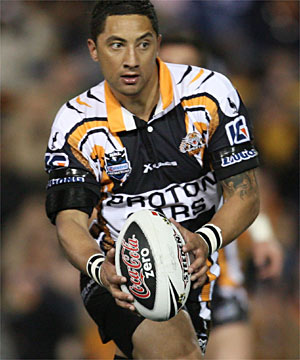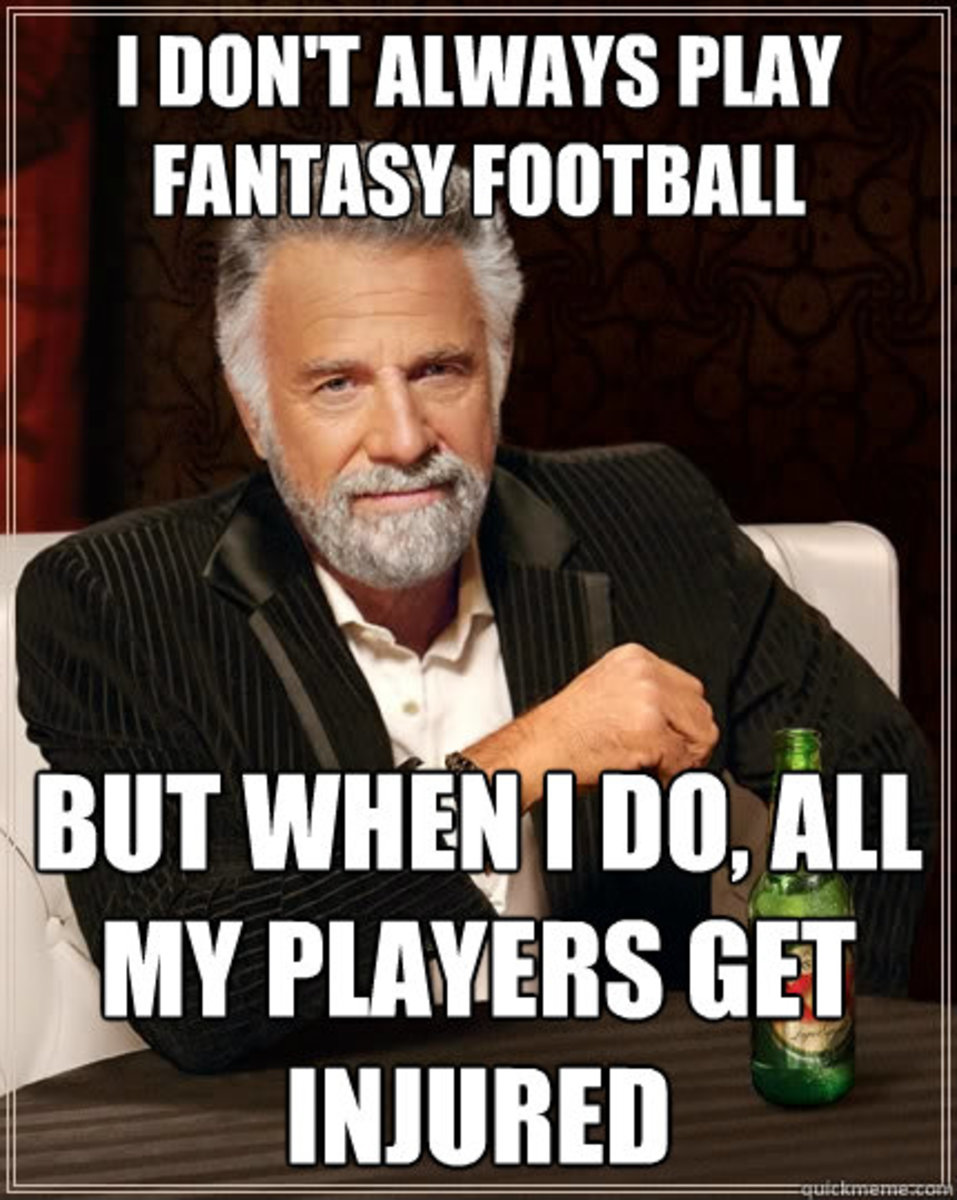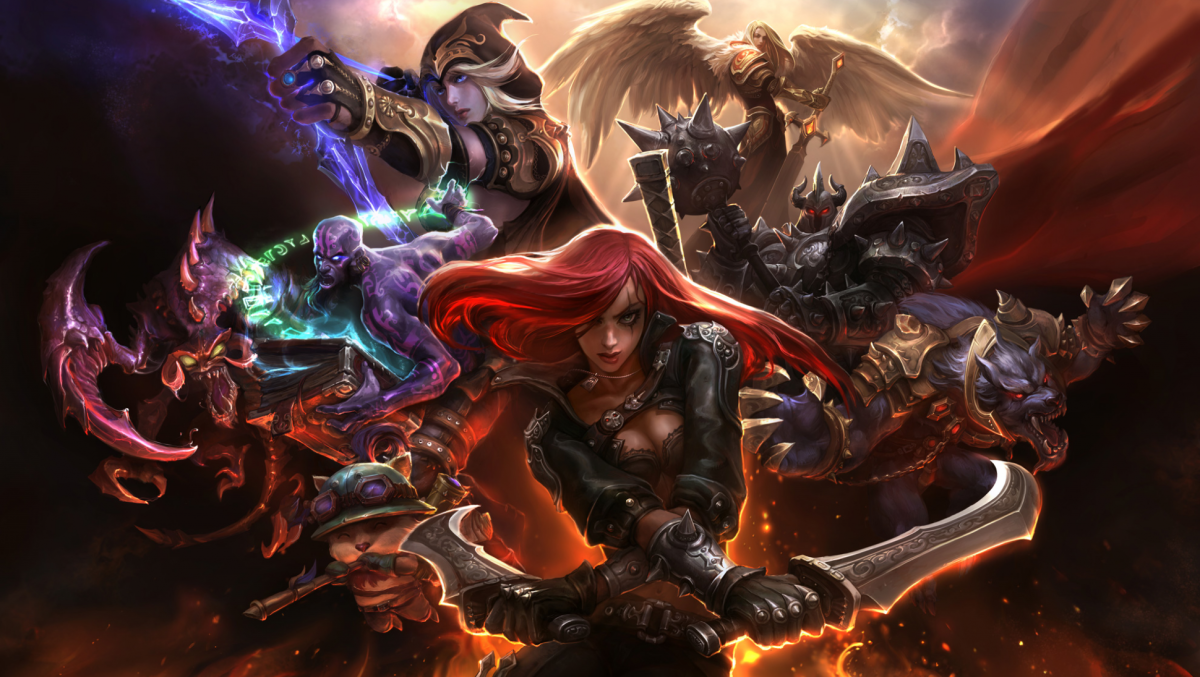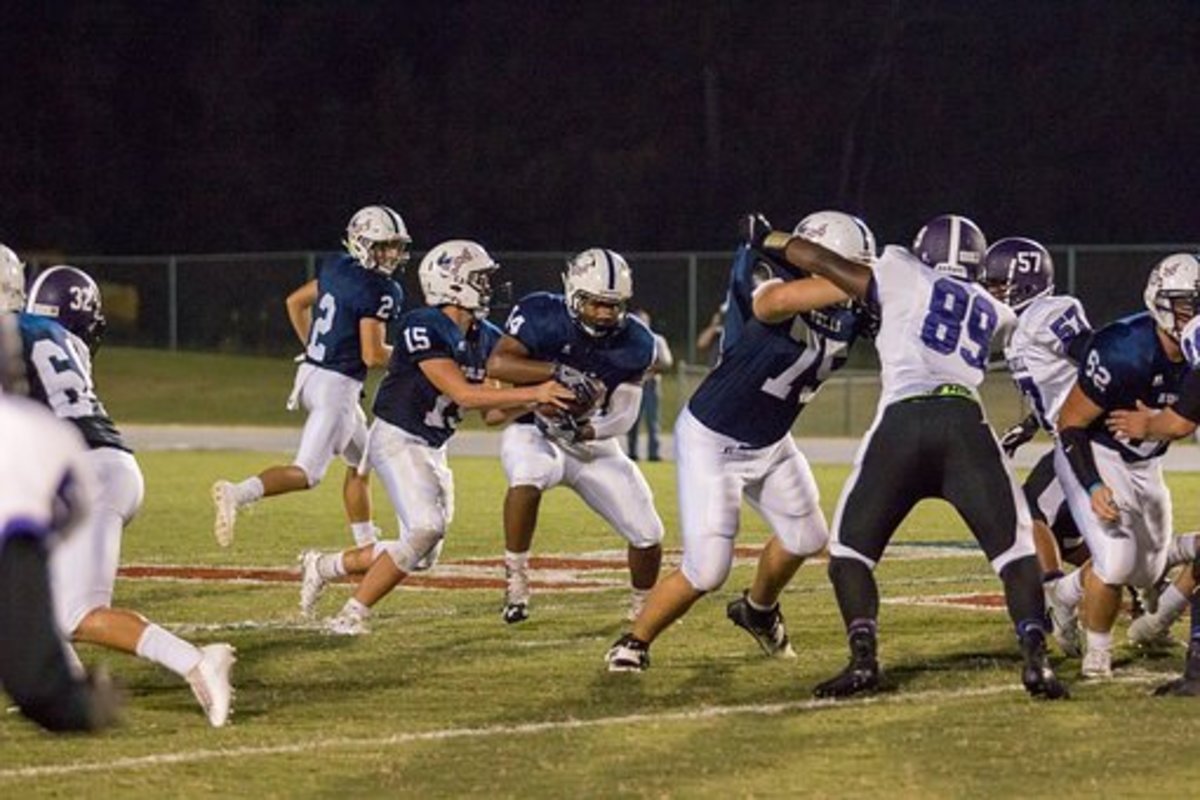Revolutionise Rugby League by not playing full Contact until under16s

I realise this idea is one that a lot of people would never take on board, the traditionalists who don’t like any sort of change, let alone one as fundamental as this one. My idea is for Rugby League to be played as ‘touch rugby’ until the age of under16s.
Having worked as a Rugby League coach for eight years or so I am fully aware of the importance of the collision aspect of the game. This importance lies not just in being able to tackle, but all the other skills that follow on from that part of the game, like being able to ‘find the floor’, how to hold the ball in collision, earn a quick play the ball for your team, or slow the opponents one down, having the ability to off load well and at the correct time plus being able to stop opponent’s from offloading. On top of all the technical aspects, there is the basic fact that if you want to play Rugby League at a high level, then you not only have to not mind the collisions, you have to like them.
My reasoning behind my idea is that it will help develop all the other vitally important aspects of the game, ones that at the moment I think are completely under developed in general in the junior game. For a start more emphasis would be put on passing and handling skills, now that the option of giving it to the big lad and letting him crash through would be taken away. More passing would also have another great follow on effect of getting more players having the ball in their hands. Another key aspect of attacking that would be developed far more would be ‘running lines’ both with and without the ball. Rugby League is essentially an evasive game, but when you’ve been playing full contact since under 8s, smashing into people all that time, it’s difficult to remember that sometimes, hence so many players even at the top level are not at all adapt at evasive running, preferring instead to enter into a macho contest with the would-be tackler. More importance would also be placed on footwork of the players, having taken away the crashing straight through the tackle option. The basic and general concept of spatial awareness would also be developed, both in terms of trying to beat a defender one against one, but also in the respect of players having to scan the opposition defence to see where the biggest gaps are. There would also be much more chance of ball carriers developing the ability to create space for their runners, through angle of run, eye contact with defenders and timing of the pass.
I also believe playing touch rugby would actually improve aspects of defending. Once you’ve taken away the, breaking through a tackle, way to score, the elements of defending that become paramount are keeping the line together and numbering up. As a defending team you know that if you number up correctly and nobody comes out of the line, leaving a gap, then it is highly unlikely that the opposition will break through you. This leads to learning to trust the defenders either side of you and to stay on your player. At international level the England team have often been exposed as being poor at numbering up and defensive decision making, especially out wide.
Anybody who has played much touch Rugby will testify that it is great for developing your aerobic fitness, and in the long term would develop players who are built to run and not just smash into people.
I’m not advocating that all the collision skills be ignored until a player gets to under 16s, I think they should be worked on in training. This acts as a gradual introduction to the collision side of the game, ideally with pads and shields, but it also allows coaches and players to develop the correct technique. At the moment it you watch any junior game you will see plenty of poor tackle technique being glossed over because the player is physically strong enough to get away with smashing into his weaker opponent or grabbing at them and throwing them to the ground. This is developing bad habits and from the looks of most Super League matches, they are habits that are very hard to break. By working on technique in a coaching session environment for years, the players wouldn’t be tempted into using other techniques that get some sort of results because of their physical attributes.
The downside to the idea that I’d fear the most would be that we would lose a lot of junior players to Rugby Union. However I would counter that with the fact that a whole new group of young players would be attracted to our sport, ones that have been put off by the collision part of the game. Many of these will be fine athletes, who could develop into fantastic Rugby League players. If they’ve had a few years of playing and enjoying touch Rugby, by the time they get fifteen and are a lot more physical mature they might well be more than happy to have a go at the physical aspect of the sport, especially if their confidence has been built through coaching sessions over the years. I’m sure it would also attract a lot more females into playing the sport. Anybody who wants to develop their sport ignores female participation at their peril. Lots of females turn into Mums, and Mums who have a positive memory of a certain sport are far more likely to allow and encourage their children to take up that sport.
Another clear cut advantage of this idea is that it would greatly decrease the number of injuries young players suffer. Many of these injuries result in players stopping playing altogether, whilst others greatly hinder that player’s potential. The human body isn’t designed to take the collisions of a game of Rugby League, let alone immature and underdeveloped bodies.
I believe Benji Marshall has played a lot of touch Rugby over the years, and I think we can all agree that if there were lots more players like him then the game would be even better to watch than it already is, and it would help increase the spectator levels around the world to somewhere near where Rugby League deserves to be.
I’m not expecting a rousing chorus of approval from fellow fans, but sometimes the ideas that seem craziest at the time turn out to be the best ones!
To read blurb and sample chapters of my published sport read my hub http://lupine-rob.hubpages.com/hub/Spirit-of-55





